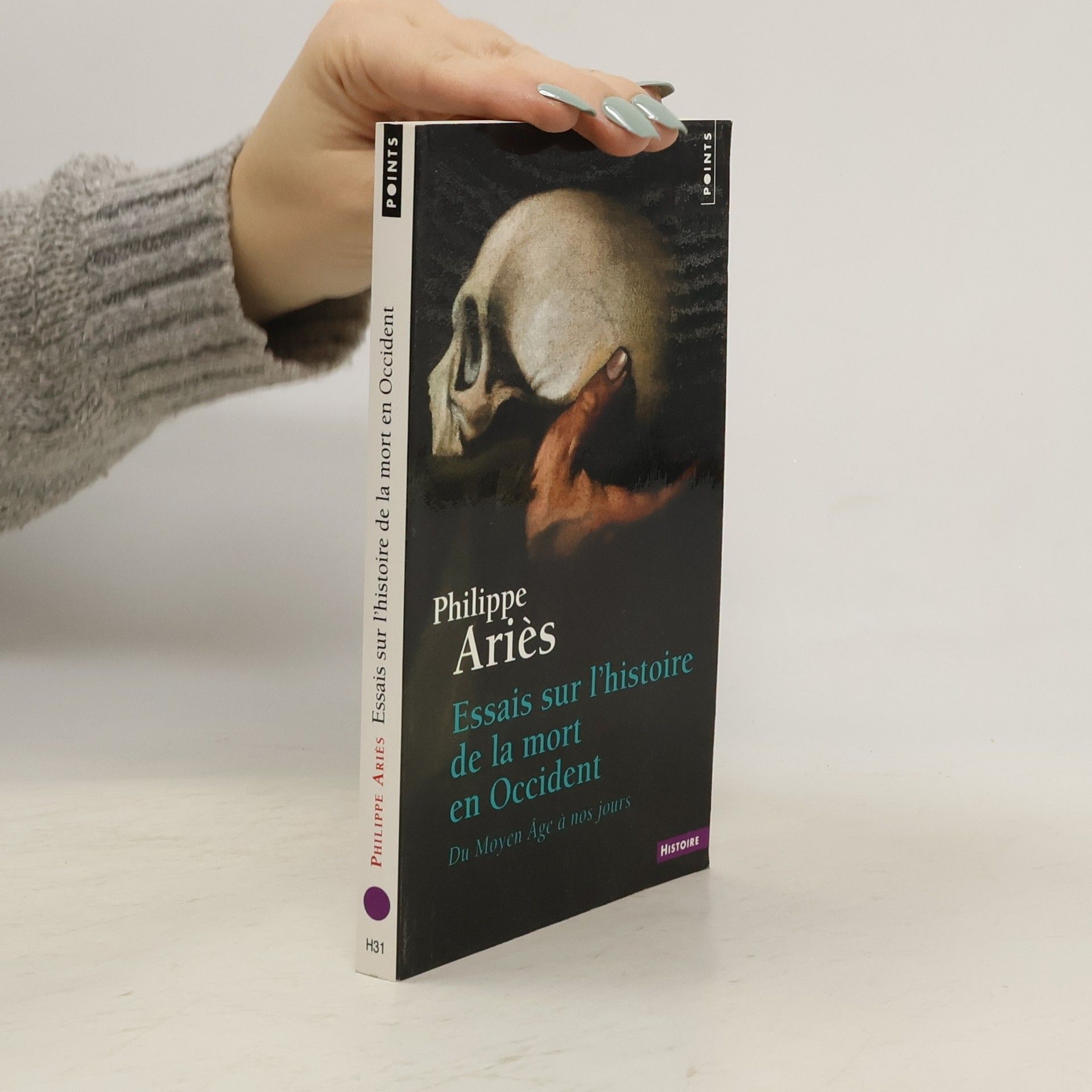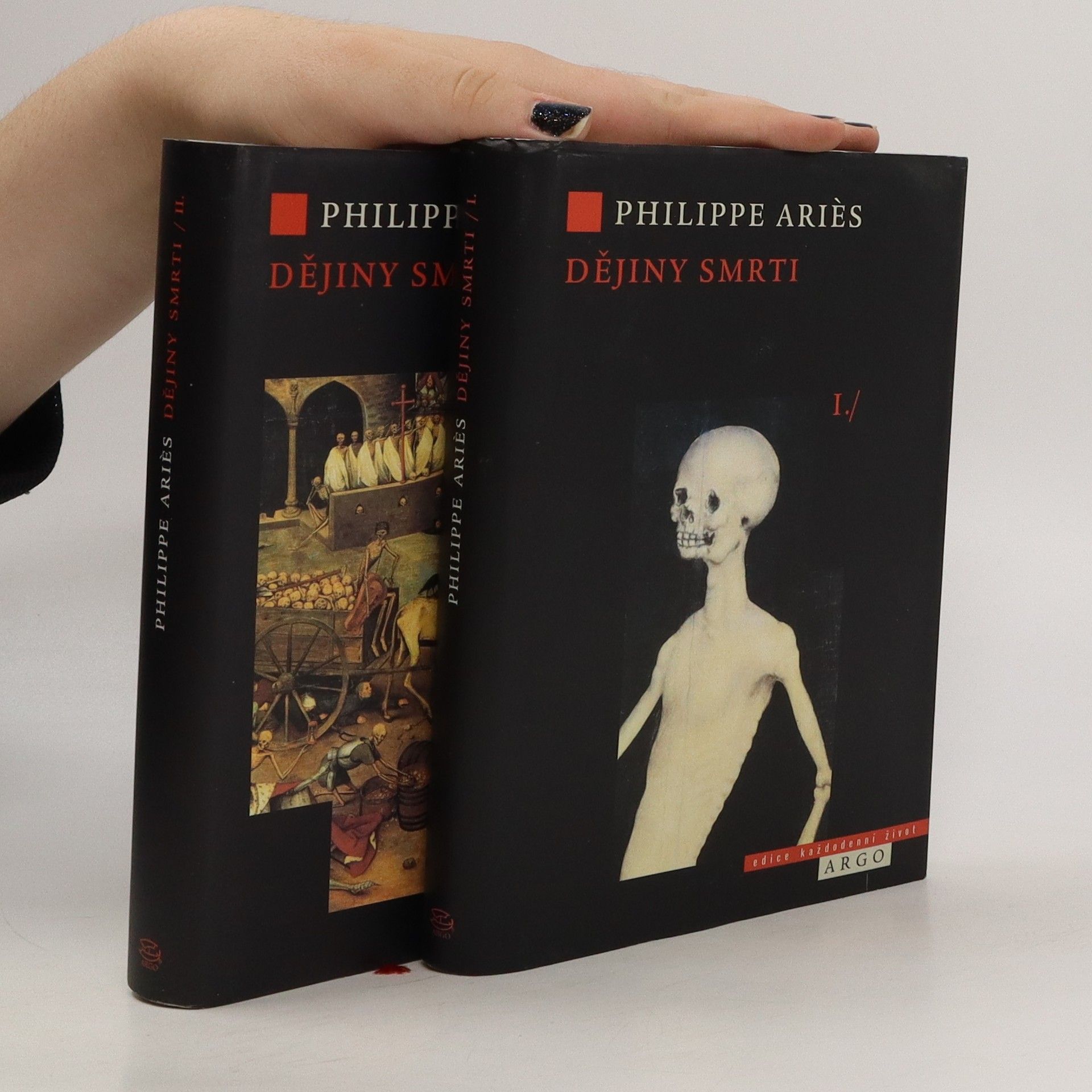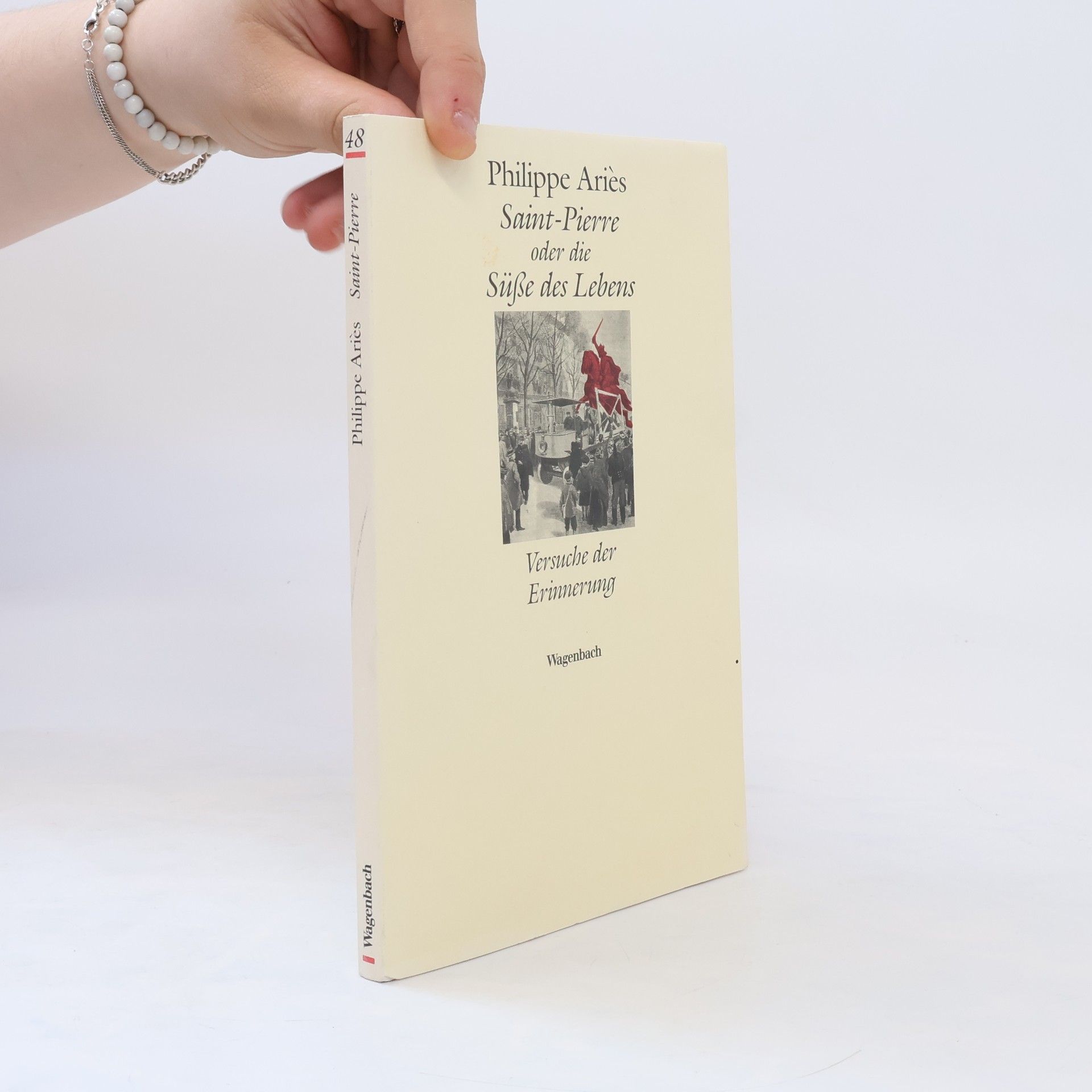Diese eindrucksvolle Dokumentation, präsentiert von führenden französischen Historikern der »Nouvelle école«, bietet eine Vielzahl von Bildern und geschichtlichen Zeugnissen. Die Themen reichen von den Ursprüngen der Zivilisation bis zu den komplexen Aspekten der Sexualität und Ehe im Laufe der Geschichte. Jean Bottéro eröffnet mit der Erzählung über Babylon, gefolgt von Claude Mossés Betrachtung der Sappho aus Lesbos und Maurice Sartres Analyse der Homosexualität im antiken Griechenland. Paul Veyne beleuchtet die Homosexualität in Rom, während Catherine Salles die Rolle der Prostituierten in der römischen Gesellschaft thematisiert. Jacques Solé beschreibt die Liebe als Passion der Troubadoure und François Lebrun die Anfänge der Geburtenkontrolle. Philippe Ariès und Alain Corbin widmen sich der Empfängnisverhütung und der Faszination des Ehebruchs. Die biblischen Figuren Adam und Eva werden von Bottéro als das erste Paar betrachtet, während Veyne die Ehe im römischen Kontext analysiert. Jacques le Goff thematisiert die Verfemung der Lust, und Michel Sot untersucht die Entstehung der christlichen Ehe. Die Dokumentation behandelt auch die Herausforderungen der Ehe, wie die Prozesse wegen sexueller Impotenz im 17. Jahrhundert und den langen Weg zur Scheidung. Weitere Themen sind die Existenz von Sade, die Syphilis als „amerikanische Krankheit“ und die gesellschaftlichen Ängste rund um Sexualität und Masturbation.
Philippe Ariès Book order (chronological)
Philippe Ariès was a French historian who focused on the history of family and childhood, and notably on the transformation of attitudes towards death in the Western world. He described himself as a "right-wing anarchist." His work, which often explored daily life, was at times better known in the English-speaking world than in France itself. He is recognized for acknowledging childhood as a social construction and for founding the history of childhood as a serious field of study. He is also remembered for his research into the history of attitudes toward death and dying, which he also viewed as social constructs.

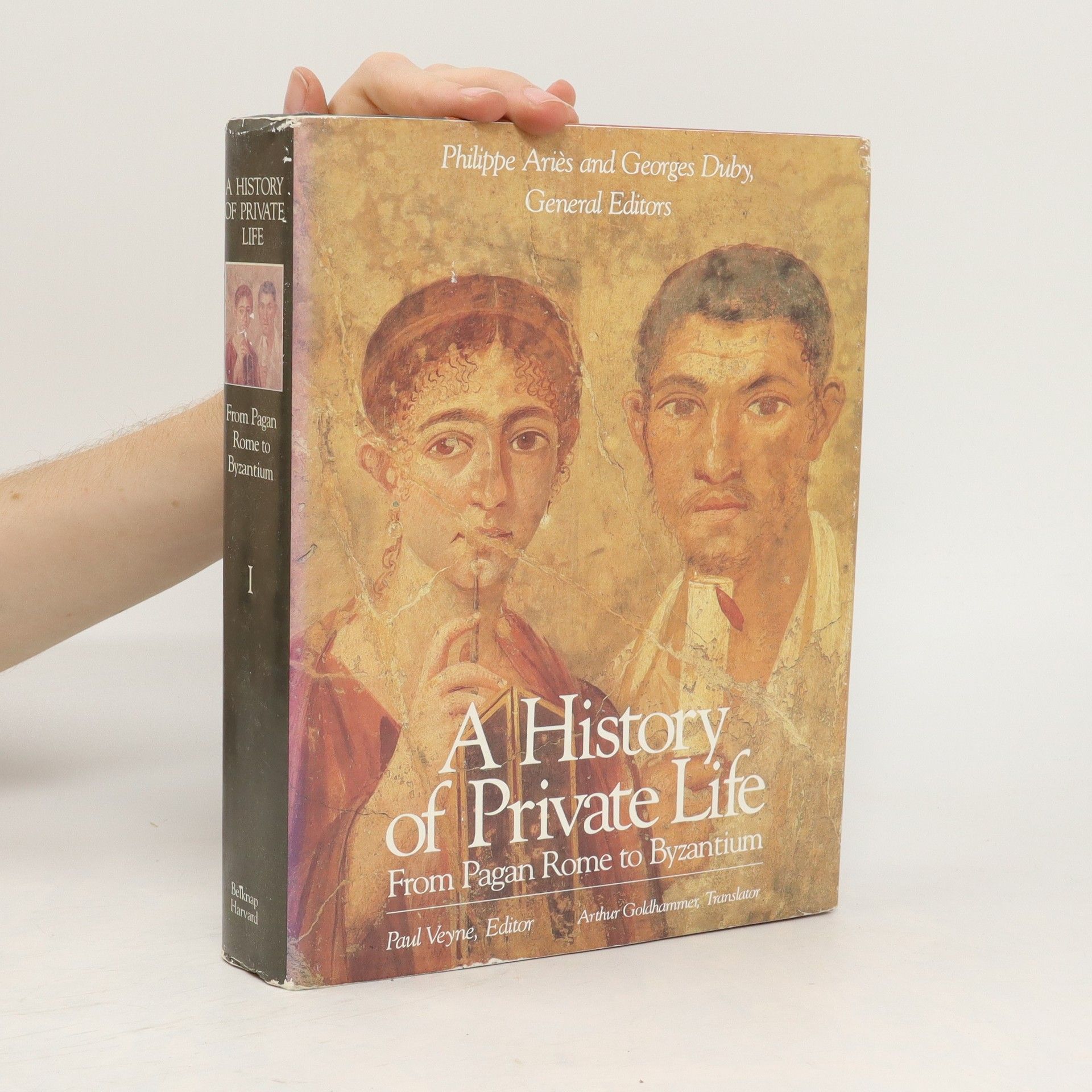


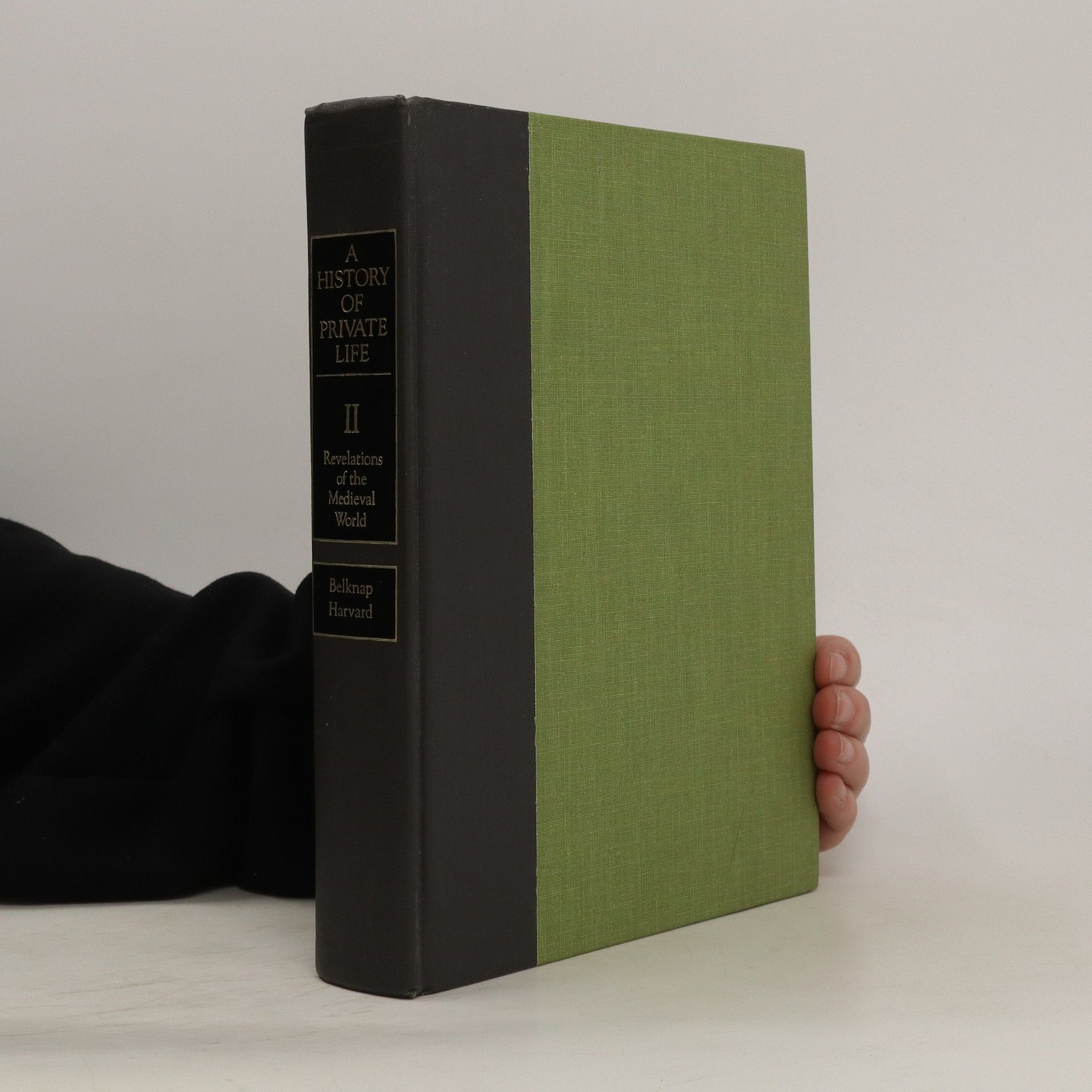
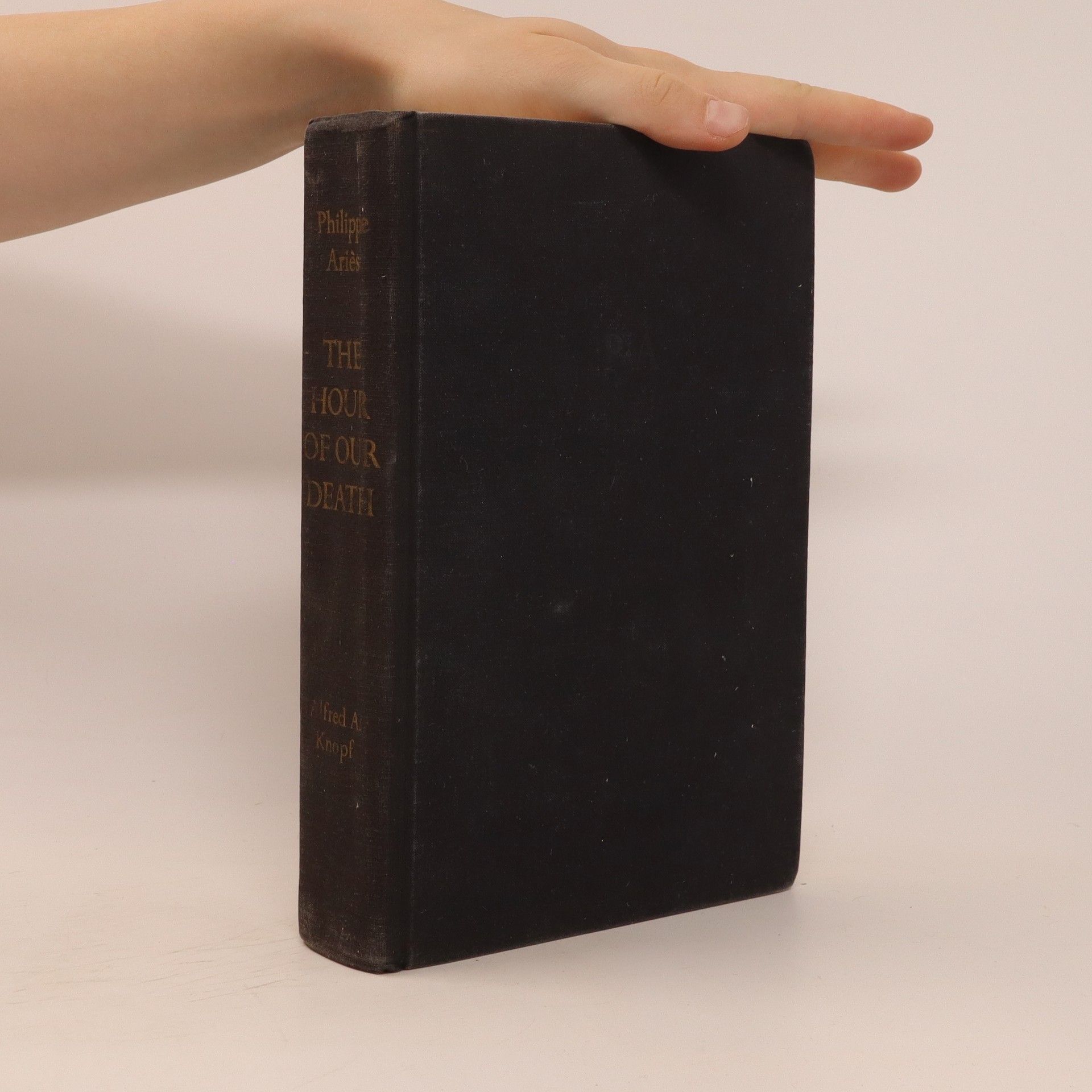
An analysis of shifting attitudes towards death in Western civilization from the middle ages to the present day. Based on lectures given for members of the faculty, students and guests of the History Department of Johns Hopkins University at Baltimore, Maryland, these four essays are the result of extensive research into the history of changing attitudes to death and the effects which western industrialization, and especially the culture of the United States, has had on these social changes. Philippe Ariès, a social historian whose earlier book Centuries of Childhood won great acclaim, has published in France and in the United States a number of scholarly essays dealing with death.
Dějiny smrti. 1. díl, Doba ležících
- 358 pages
- 13 hours of reading
První ze dvou dílů zásadního spisu o smrti a umírání a měnící se úloze tohoto fenoménu v průběhu dějin lidstva. Zjištění, že „Dějiny smrti“ vyšly v edici „Každodenní život“ je jediným úsměvným momentem, který čeká čtenáře této knihy. Jinak před ním defiluje čtení neveselé, ale zato nesmírně zajímavé, podnětné, fundované a hodnotné. Dějiny smrti jsou zásadním textem, jaký v současné, ať už původní, nebo překladové historiografii chyběl a který vzniklou mezeru zaplňuje více než důstojně. Což ostatně odpovídá dvacetiletému úsilí, které Ariès tématu věnoval. Smrt je tu nazřena z mnoha úhlů pohledu jako fenomén provázející lidstvo od nepaměti. Obávaná i uctívaná, vnímaná jako konec života i jako počátek vyššího stupně bytí. Autor přednáší i o věcech se smrtí souvisejících, o pohřbívání, hřbitovech, o lékařském přístupu k agónii, o myšlení umírajícího člověka, o názorech na smrt a posmrtný život měnících se spolu se změnami v životním stylu a s odlišností různých civilizací i sociálních skupin.
Dějiny smrti I. a II.
- 2 volumes
Dějiny smrti. 2. díl, Zdivočelá smrt
- 410 pages
- 15 hours of reading
Druhý a poslední díl pojednání o smrti, umírání a věcech s tím souvisejících tak, jak se měnily v běhu staletí. Oba díly nejsou nijak výrazně ohraničeny zpracovaným časovým údobím. Autor volně pojednal o různých hlediscích smrti, rozčlenil knihu do delších tématických celků, a potom celý spis rozdělil do dvou svazků. Je nesporně zajímavé a přínosné přečíst třeba jen jeden díl – první neztrácí smysl bez druhého a naopak. K získání uceleného pohledu je však třeba prostudovat celé velmi kompaktní dílo.
Saint-Pierre oder die Süsse des Lebens
- 90 pages
- 4 hours of reading
»Privates Leben ist keine Naturtatsache; es ist geschichtliche Wirklichkeit, die von den einzelnen Gesellschaften in unterschiedlicher Weise konstruiert wird. Es gibt nicht das private Leben mit ein für allemal festgelegten Schranken nach außen; was es gibt, ist die - selber veränderliche - Zuschreibung menschlichen Handelns zur privaten oder zur öffentlichen Sphäre. ... Die Geschichte des privaten Lebens beginnt mit der Geschichte seiner Markierungen.« Antoine Prost »Diese große, eindrucksvolle Unternehmung wird man einmal zu den fortdauernden Werken der Historiographie in unserer Zeit zählen.« "Times Literary Supplement"

